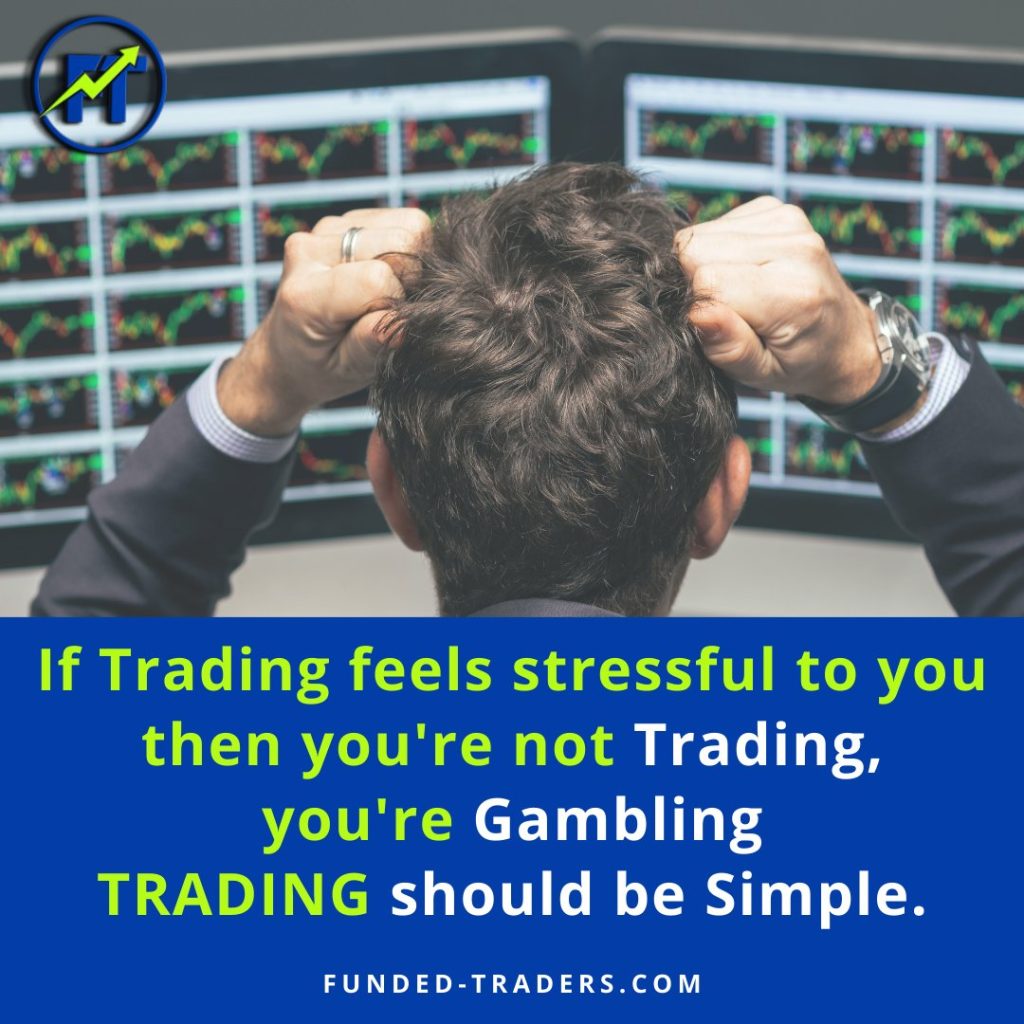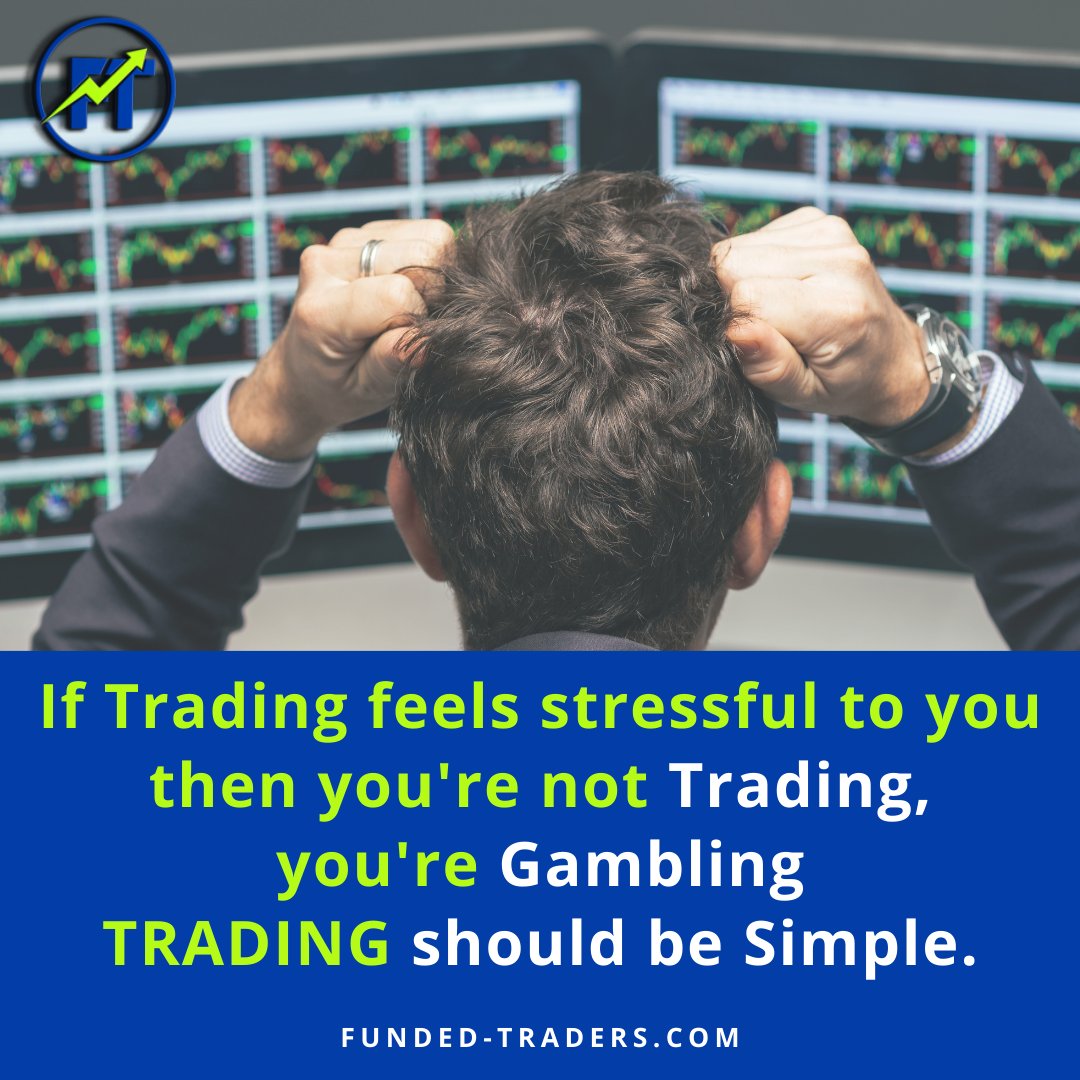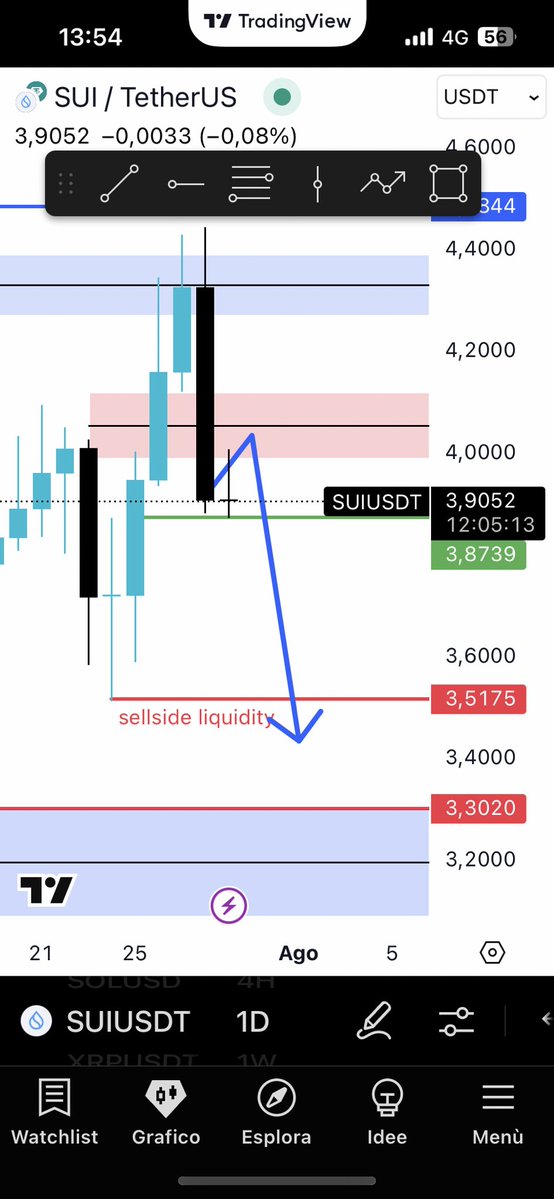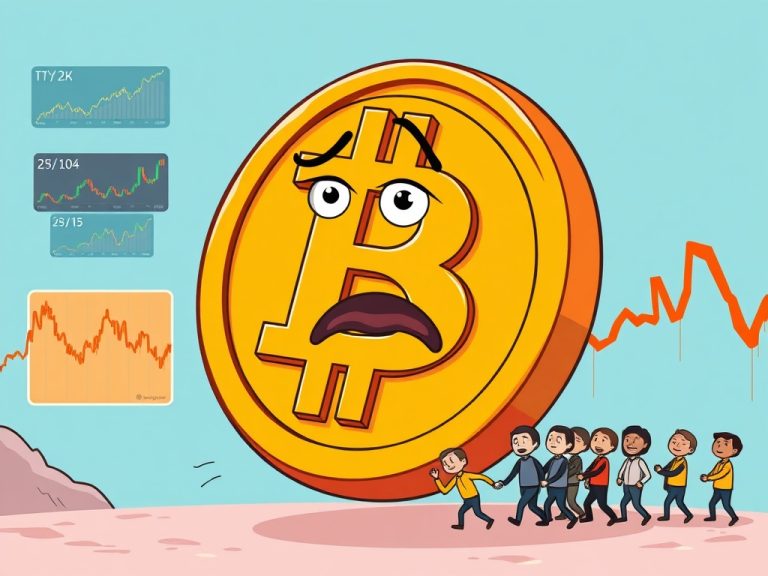
The Art of Stress-Free Trading: A Calculated Approach
In the fast-paced world of trading, stress often becomes an unwelcome companion. However, it doesn’t have to be this way. By adopting a calculated and strategic approach, trading can be transformed into a more manageable and even enjoyable activity. Let’s delve into the principles of stress-free trading and explore how to keep it simple, stick to your strategy, and let analysis guide your decisions.
The Emotional Rollercoaster
Trading can be an emotional rollercoaster. The thrill of a winning trade can be exhilarating, but the despair of a losing one can be crushing. This emotional volatility is often what makes trading stressful. The key to managing this stress is to recognize when your trading feels more like gambling than a calculated strategy. If you find yourself making impulsive decisions based on fear or greed, it’s time to reassess your approach.
The Power of Analysis
Analysis is the cornerstone of stress-free trading. By relying on data and trends rather than emotions, you can make more informed decisions. This doesn’t mean you need to be a data scientist; it simply means you should use available tools and resources to guide your trading. For example, technical analysis can help you identify trends and patterns, while fundamental analysis can provide insights into the underlying value of an asset.
Keeping It Simple
One of the biggest mistakes traders make is overcomplicating their strategies. The more complex your strategy, the more room there is for error and stress. Keeping it simple allows you to focus on what’s important and makes it easier to stick to your plan. This doesn’t mean you should ignore important factors, but rather, you should prioritize them and avoid getting bogged down in unnecessary details.
Sticking to Your Strategy
Consistency is key in trading. Once you have a strategy that works for you, stick to it. This doesn’t mean you can’t adjust your strategy over time, but it does mean you should avoid making impulsive changes based on short-term market fluctuations. By sticking to your strategy, you can reduce stress and increase your chances of long-term success.
The Role of Emotions
Emotions play a significant role in trading, but they don’t have to control your decisions. By recognizing and managing your emotions, you can make more rational decisions. For example, if you find yourself feeling anxious about a trade, take a step back and reassess your strategy. If you’re feeling greedy, remind yourself of your long-term goals and avoid taking unnecessary risks.
The Importance of Education
Education is another crucial aspect of stress-free trading. The more you know about the market and the assets you’re trading, the more confident you’ll feel in your decisions. This doesn’t mean you need to become an expert overnight, but rather, you should continuously seek to expand your knowledge and skills.
The Benefits of a Community
Trading can be a lonely activity, but it doesn’t have to be. Joining a community of like-minded traders can provide support, advice, and a sense of camaraderie. This can be especially helpful during stressful times, as you can share your experiences and learn from others.
The Future of Trading
As technology continues to evolve, so too will the world of trading. From automated trading platforms to advanced analytics tools, the future of trading promises to be more accessible and less stressful than ever before. By staying up-to-date with the latest trends and technologies, you can ensure you’re always one step ahead.
Conclusion: Embrace the Calculated Approach
In conclusion, trading doesn’t have to be stressful. By adopting a calculated approach, keeping it simple, sticking to your strategy, and letting analysis guide your decisions, you can transform trading into a more manageable and enjoyable activity. Remember, the goal is not to eliminate stress entirely, but rather, to manage it in a way that allows you to make more informed and rational decisions. So, embrace the calculated approach and watch as your trading journey becomes a more rewarding experience.
—
Sources:








